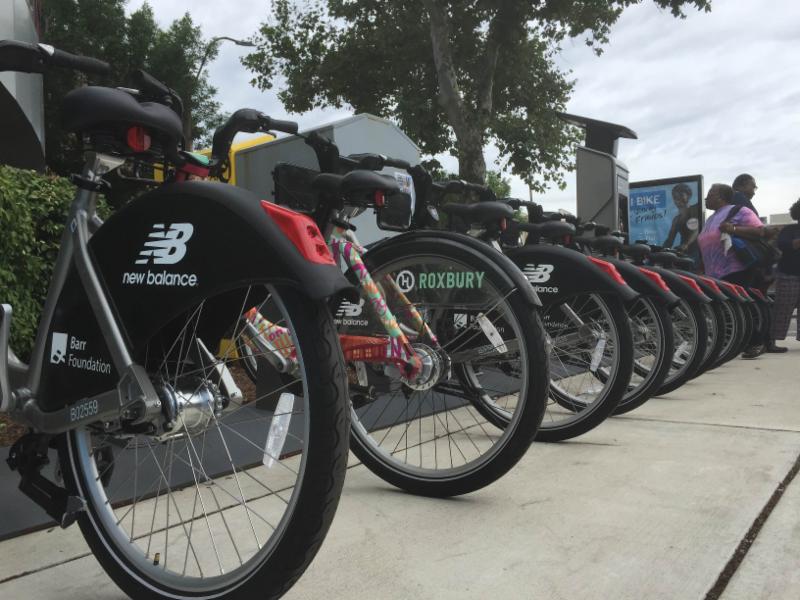MASSACHUSETTS TO RECEIVE MORE THAN $900,000 FROM JOHNSON & JOHNSON OVER ALLEGED MISREPRESENTATIONS OF QUALITY OF DRUGS
Payment Part of $33 Million Settlement Resolving Multistate Investigation into Marketing and Promotion of Certain Over-the-Counter Drugs
BOSTON – Massachusetts will receive more than $900,000 in a settlement resolving a multistate investigation into Johnson & Johnson related to misrepresentations concerning the quality of certain over-the-counter drugs, Attorney General Maura Healey announced today.
The companies – Johnson & Johnson and Johnson & Johnson Consumer Inc. – have agreed to pay a total of $33 million in the multistate settlement and update their practices around the marketing and promotion of over-the-counter drugs manufactured and distributed by McNeil Consumer Healthcare Division, a business unit of Johnson & Johnson Consumer Inc.
“Massachusetts residents deserve over-the-counter drugs to be safe and marketed truthfully,” said AG Healey. “These companies will be held accountable for using deceptive marketing practices in promoting these drugs, including medications for infants and children.”
The investigation conducted by AG Healey and 42 other state attorneys general concluded that McNeil unlawfully promoted its over-the-counter drugs as complying with federally-mandated current Good Manufacturing Practices even though the U.S. Food and Drug Administration (FDA) found that some McNeil manufacturing facilities did not comply with those practices between 2009 and 2011. As a result, certain McNeil over-the-counter drugs were deemed adulterated as a matter of federal law.
The complaint, filed along with the consent judgment today in Suffolk Superior Court, alleges that the companies, acting through McNeil, violated state consumer protection laws by misrepresenting compliance with the current Good Manufacturing Practices and the quality of their over-the-counter drugs. They also allegedly represented that these drugs had sponsorship, approval, characteristics, ingredients, uses, benefits, quantities, or qualities that they did not have.
According to the complaint, McNeil then delivered into the market certain batches of over-the-counter drugs that failed to comply with federal standards and were deemed adulterated.
McNeil’s alleged quality control lapses resulted in recalls of drugs manufactured between 2009 to 2011 including Tylenol, Motrin, Benadryl, St. Joseph Aspirin, Sudafed, Pepcid, Mylanta, Rolaids, Zyrtec, and Zyrtec Eye Drops, several of which are indicated for pediatric use.
The settlement requires McNeil to ensure that its marketing and promotional practices do not unlawfully promote over-the-counter drug products. Among other measures, McNeil is specifically prohibited from representing on its websites that its drug product facilities meet current Good Manufacturing Practices if they have had a recall of their over-the-counter drug products within the prior 12 months.
Massachusetts was part of the Executive Committee, which was led by Pennsylvania and Texas, and also includes Attorneys General from Arizona, Delaware, District of Columbia, Florida, Kentucky, Maryland, Massachusetts, Montana, New Jersey, and Ohio. Also participating in the settlement are Alaska, Arkansas, California, Colorado, Connecticut, Hawaii, Idaho, Illinois, Indiana, Kansas, Louisiana, Maine, Michigan, Minnesota, Missouri, Nebraska, Nevada, New Hampshire, New Mexico, New York, North Carolina, North Dakota, Rhode Island, South Carolina, South Dakota, Tennessee, Vermont, Virginia, Washington, West Virginia, and Wisconsin.
This matter was handled in Massachusetts by Assistant Attorney General Stephen Vogel of AG Healey’s Health Care Division.



















